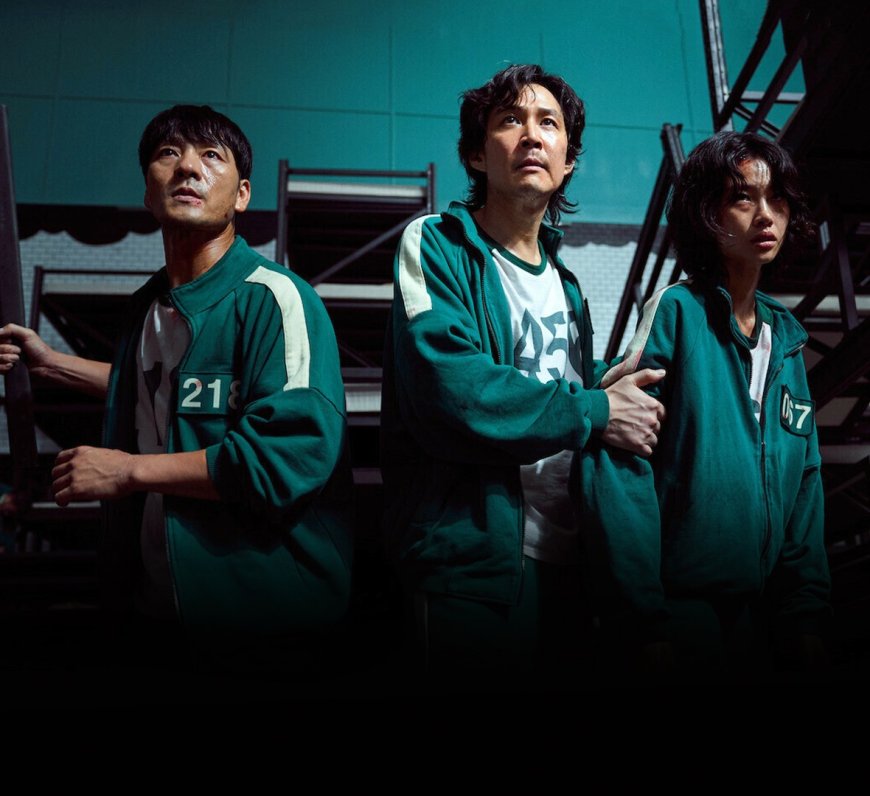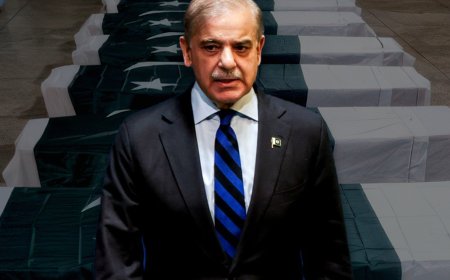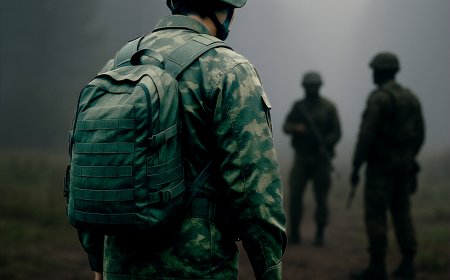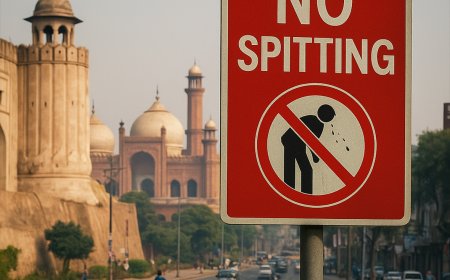The Real-Life Struggles Behind South Korea’s Squid Game
The global phenomenon Squid Game, Netflix’s most successful series, isn’t just a dystopian tale; it draws inspiration from harrowing real-life events in South Korea.

The global phenomenon Squid Game, Netflix’s most successful series, isn’t just a dystopian tale; it draws inspiration from harrowing real-life events in South Korea. The show’s creator, Hwang Dong-hyuk, revealed that the struggles of its protagonist, Gi-hun, were inspired by the 2009 Ssangyong Motors strikes—a dark chapter in the country’s industrial history.
In May 2009, Ssangyong Motors announced the layoffs of over 2,600 workers, nearly 40% of its workforce, plunging many families into financial despair. This triggered a 77-day occupation and strike at the factory, culminating in violent clashes between workers and riot police armed with rubber bullets and tasers. The strikes became a battlefield, with striking workers using slingshots and steel pipes to defend themselves.
The aftermath was devastating. Many union members were jailed, brutally beaten, or left traumatized. Over time, the legal battles, financial ruin, and mental stress led to approximately 30 deaths, including suicides. Union leader Lee Chang-kun, who led a 100-day sit-in atop a factory chimney in 2014, described the horrifying events, including police helicopters creating winds so strong that workers’ raincoats were ripped away.
Lee shared that the violence and humiliation deeply scarred the workers, who were portrayed as incompetent and outdated. He noted that while Squid Game shed light on these struggles, it felt like the tragedy of Ssangyong workers had been commodified, leaving no lasting change for South Korea’s labor force.
The show’s meteoric rise in 2021—part of the global Korean wave alongside Parasite and K-pop icons like BTS—highlighted themes of economic inequality and state violence. However, Lee expressed disappointment that despite the global conversation sparked by the series, it hasn’t translated into meaningful action or improved conditions for workers in South Korea.
As Squid Game Season 2 premieres, the series lands amid renewed political turmoil. Conservative President Yoon Suk Yeol’s failed attempt to impose martial law recently triggered his impeachment, casting a shadow over South Korea’s cultural rise.
Experts like Vladimir Tikhonov of the University of Oslo argue that South Korea’s globally acclaimed cultural exports often reflect its troubled history with state and capitalist violence. He noted, “We still live in the shadow of state violence, which remains a recurring theme in highly successful cultural products.”
For those directly affected, like Lee, the success of Squid Game is bittersweet. “Despite being widely discussed, it is disappointing that these conversations have not led to real-world change,” he said, emphasizing the urgent need for action to address the country’s deep-rooted issues of inequality and injustice.
What's Your Reaction?









































































































